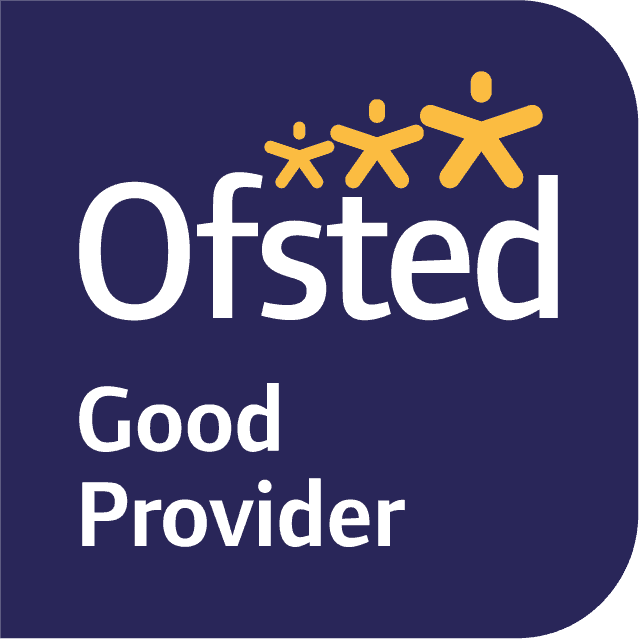Our Curriculum
School Vision
At St. Philip’s we strive to inspire confident children with high self-belief who also understand the power of believing in others.
In this culture of compassionate love we build trust, where all are valued. We learn to show respect to all, growing in our sense of belonging with both hope and thankfulness.
By becoming courageous learners and developing personal integrity children of St. Philip’s will flourish and take their place as citizens of the world.
'An Aspirational Community, Held Together with Love'
Our school vision permeates all we do at St. Philip's. Every thought, decision and interaction is informed by the school's vision. It has been developed in conjunction with our community to reflect and serve them.
The values that underpin the vision are:
trust hope thankfulness respect courage service
Our Curriculum
st philips curriculum overview .pdf
Our Curriculum Intent
“Train up children in the way they should go; even when they are old they will not depart from it." Proverbs 22:6
Our school’s Curriculum intent significantly supports the delivery of our Christian Vision and Values. Our Curriculum intent is to enable our pupils to live life in all its fullness through great aspirations, a deep inner-strength and resilience. We pride ourselves on our ambition for every child to be an independent learner who prospers in our stimulating, supportive and inclusive Christian school. We strongly believe that every child, whatever their abilities, must access a broad, balanced, relevant and stimulating education that fosters curiosity and growth.
Intention 1:
Through the lens of our Christian Vision, we design a curriculum, which develops learning skills intertwined with the development of a curiosity towards the exploration, and acquisition, of knowledge.
Children receive a curriculum with ambitious subject knowledge, skills and understanding as set out in the National Curriculum so that children prosper in their journey.
Intention 2:
Through the lens of our Christian Vision, we design a curriculum, which nurtures children to be independent, inquisitive learners.
Children receive a curriculum, which ignites the key skills of: reciprocity, curiosity, resilience, resourcefulness, and reflectiveness so that children know how they learn and apply these skills across the whole curriculum and into the future.
Our Curriculum Implementation
The planning of inspiring and imaginative learning journeys, promotes enjoyment of the curriculum, which in turn positively impacts on the achievement of children, and their confidence and attitude to learning. Through our implementation model, children will be engaged and inspired by their concept exploration, posing their own enquiry questions, taking initiative and co-constructing their own learning pathway.
We implement our curriculum through four key processes aligned to metacognitive strategies and The Learning Pit approach.

| Engage | Deepen | Link | Reflect |
| The Pit: Concept | The Pit: Challenge & Cognitive conflict |
The Pit: Construct & Eureka! |
The Pit: Consider & Review (& Adapt, Apply, Transfer) |
|
‘Question everything. Learn something.’ Euripides Questioning and Checking for Understanding |
|||
|
Ignite curiosity
Hook learners in with an ambitious text or resource
Hook learners in with an engaging experience or artefact
Introduce the context of the learning focus and key concept/s
Ask probing questions to elicit children’s interests |
Explore the key concept
Create challenge through quality questioning
Facilitate cognitive conflict to deepen understanding of the concept (The Learning Pit)
Provide facts and information to deepen knowledge and understanding
Introduce and model key skills and provide opportunities to practice and apply
Provide creative learning opportunities Judiciously select pedagogical approaches best fitted to the learning focus |
Introduce further opportunities or scenarios to create cognitive conflict and/or creative thinking
Support the ‘construct’ phase by enabling the children to apply previously learnt skills
Support the ‘construct’ phase by enabling the children to make links to previously learnt concepts, knowledge and skills
Model the appropriate learning skills and powers – encourage the independent application of these Support the children to identify patterns, relationships and meanings between the ideas experienced ‘in the pit’ |
Model and provide opportunities for evaluation individually and/or shared in pairs and groups
Develop a supportive environment for honest and meaningful reflection
Identify and celebrate success, and share
Support the children to consider and review their journey and what they have learnt by going through ‘the pit’
Identify what has been learnt Identify next steps |
Find out more about the Learning Pit and our Learning Powers: Our Learning Powers
The Impact of the St Philip's Curriculum
At St Philip’s Primary School, we know our curriculum intent is achieved when:
- we nurture ‘the whole child’
- children can articulate their aspirations
- children enjoy, achieve and learn every day
- children feel safe, nurtured and valued at school
- children have a full range life skills
- children are equipped to shape their own beliefs, values and mind-sets
- children flourish through an inspiring, meaningful and broad curriculum
- children are able to use their metacognitive skills of reciprocity, curiosity, reliance, resourcefulness and reflectiveness to thrive in life
- children demonstrate a positive attitude to lifelong learning
- children are hopeful and resilient
Our curriculum is carefully organised for mastery and depth as we support children in gaining a deeper and more interconnected understanding of the concepts, skills and processes within the curriculum. Classroom practitioners monitor and evaluate the impact of our curriculum through summative and formative assessment processes including the evaluation of a range of outcomes generated by the children. These include:
- Floor books which capture the learning journey and the collaborative contributions of the class
- Double page spreads
- Extended writing
- Making meaning diagrams
- Mind mapping for deep concept exploration
- Graphic organisers and thinking processes
- Low stakes quizzing
- Knowledge look back


